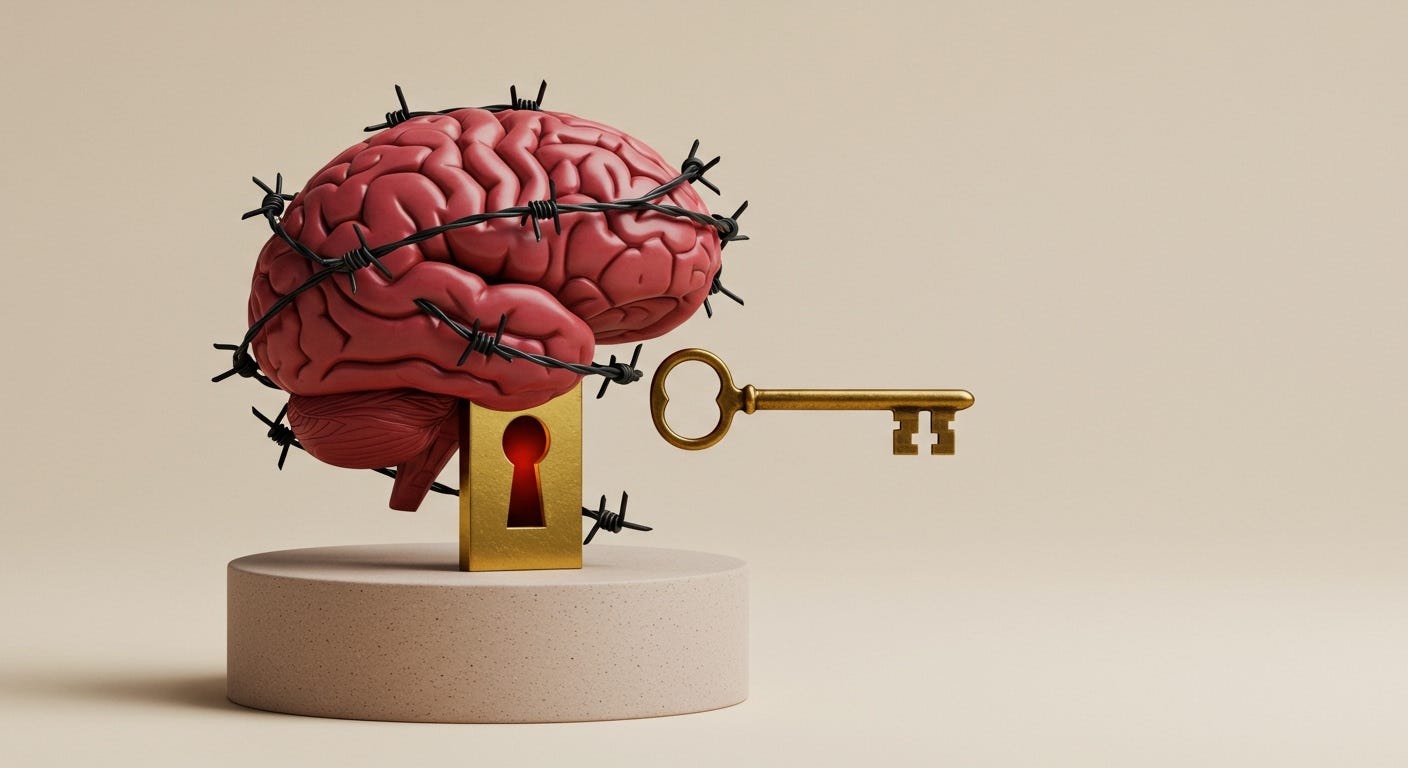Why Do Smart People Do Dumb Things in Politics?
And What Can We Do About It?
Ever wonder why politicians seem to make the same mistakes, time and again? This essay unpacks the historical and psychological roots of political misjudgment, exploring how biases and public perception contribute to a 'culture of stupidity.' More importantly, we'll look at tangible ways we, as citizens, can push for wiser leadership and rebuild trust in our democratic systems.
Let's Talk About Political Folly
Have you ever scratched your head, wondering why seemingly intelligent people in politics make decisions that just don't make sense? It's not just a feeling; "stupidity" in politics, as we define it here, isn't about intelligence levels, but rather cognitive failings, poor judgment, and miscalculations that lead to real, tangible consequences. From historical scandals like Watergate to modern-day policy blunders, this phenomenon has deep roots. It erodes our trust, creates cynicism, and ultimately challenges the very foundation of how we're governed. So, why does it keep happening? And more importantly, what can we, as citizens, actually do about it?
The Roots of Error: How Our Minds and History Conspire
To understand the 'why,' we need to look back and then look inward. History is littered with examples: Senator William Blount's expulsion in 1797 for conspiring with a foreign power, or the widespread unrest caused by Margaret Thatcher's poll tax. These aren't just isolated incidents; they're patterns. And a big part of that pattern comes down to how our brains work. We're all susceptible to cognitive biases – mental shortcuts that can lead us astray. Think about confirmation bias, where you seek out information that confirms what you already believe, or cognitive dissonance, the discomfort you feel when your beliefs are challenged. Political leaders are not immune to these. In fact, these biases, combined with the pressure of public sentiment and the influence of media, can create echo chambers where flawed ideas flourish, and critical thinking diminishes.
The first principle is that you must not fool yourself and you are the easiest person to fool.
– Richard Feynman
This isn't just about 'them'; it's about us, and the environment we collectively create.
The Price of Blind Spots: What's at Stake for Our Society
When political folly takes hold, the consequences ripple through society. Public trust erodes, and a deep cynicism toward government becomes almost a default setting. Misguided policies can take years, even decades, to correct, impacting everything from our economy to social cohesion. The text refers to an "epidemic of stupidity" fostered by a decline in educational standards and a media landscape that often prioritizes sensation over substance. When critical thinking isn't widely cultivated, and when information is distorted, it creates a fertile ground for manipulation and a general decline in the quality of public debate. This means less effective governance and a leadership that may prioritize short-term gains over long-term stability, further deepening the cycle of distrust.
Moving Forward: Practical Steps for Smarter Governance
So, what can we actually do to reverse this trend? It starts with a multi-pronged approach. First, we need to demand robust accountability from our politicians. When leaders are clearly held responsible for their actions and policies, it creates a powerful incentive for better performance. Second, education and information are paramount. This isn't just about traditional schooling; it's about empowering ourselves and others with the tools to critically evaluate information and understand political processes. Third, legal and regulatory reforms can simplify complex laws that often create loopholes for mismanagement and corruption.
An educated citizenry is a vital requisite for our survival as a free people.
– Thomas Jefferson
It's about creating a system where informed decisions are not just desired, but incentivized and supported.
A Call to Engaged Citizenship
Ultimately, a significant part of the solution lies with us, the citizens. By becoming more aware of our own cognitive biases – like the tendency to believe what we want to believe – we can critically evaluate political promises, especially those grand, expensive projects that often come with hidden costs. Engaging with civic institutions, supporting grassroots organizations that advocate for transparency, and participating actively in political discourse can shift the culture. When we demand transparency, question misleading information, and hold our leaders to a higher standard, we contribute to a political environment where competence and integrity are valued. It's a long road, but by empowering ourselves with knowledge and actively participating, we can foster a more responsible government and a more informed society.



